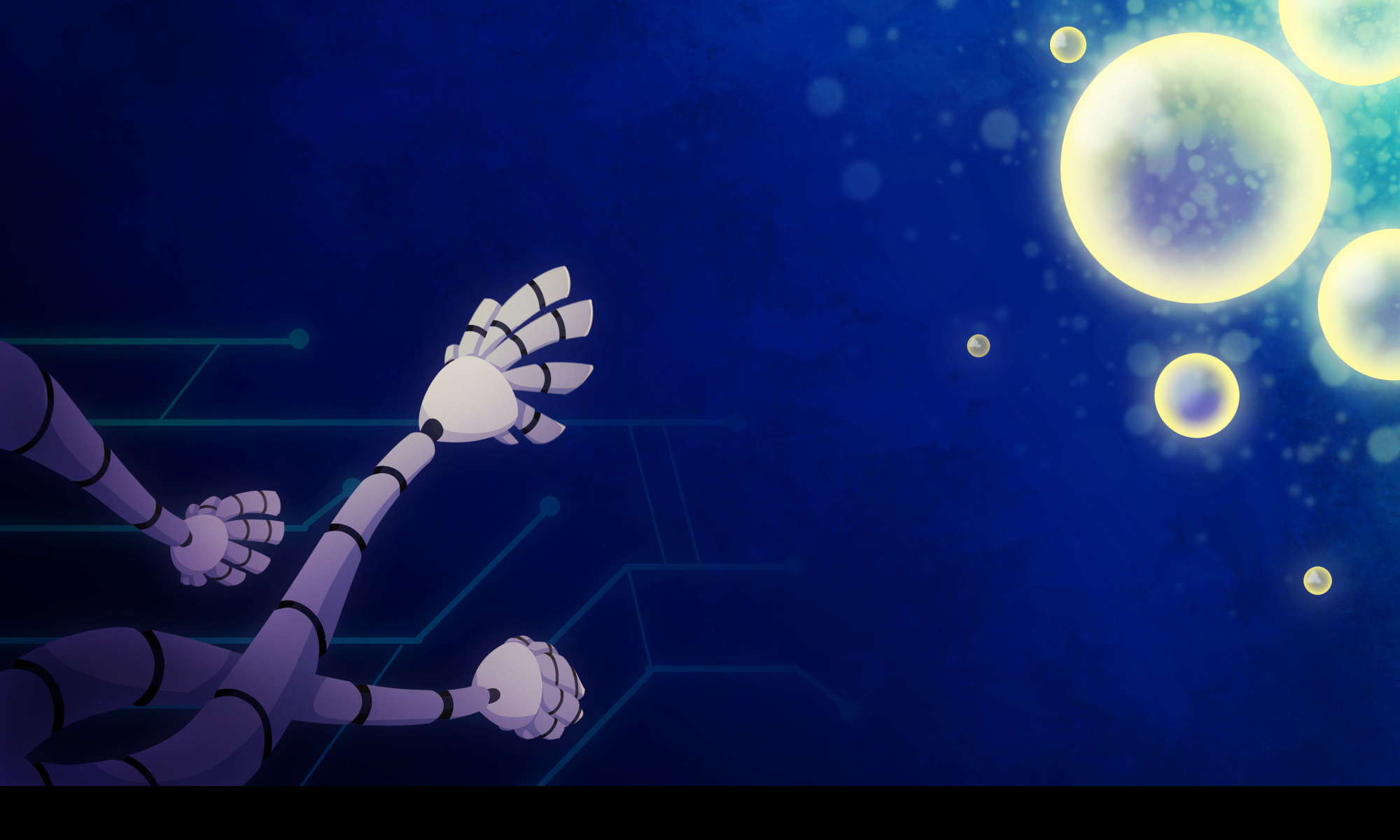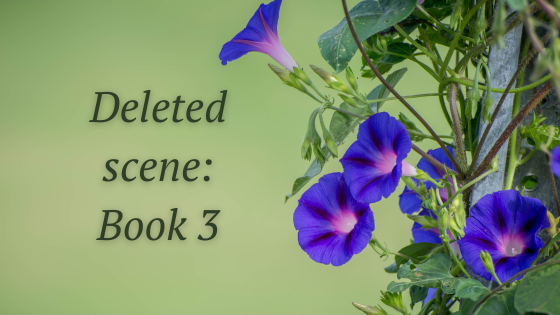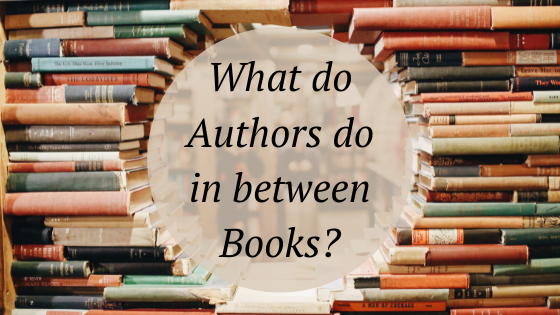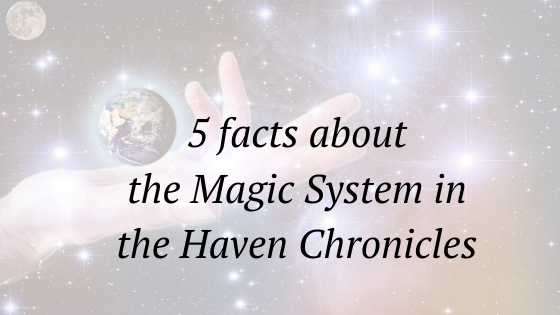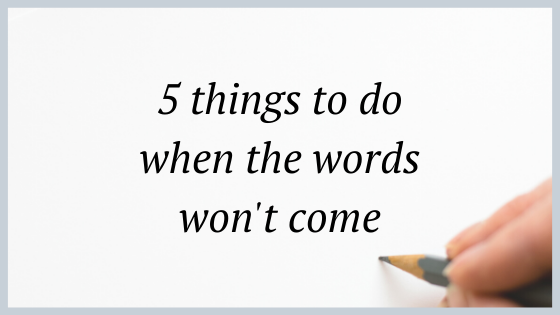One devastating element of editing my novels is having to cut scenes out. Don’t get me wrong: this is no Draconian order from my publisher. Instead, it’s a realisation (by me) that removing that scene or character will improve my novel. It happened with Magic Bound where I had to divert my characters to a different destination. Thankfully, that scene and set of characters were a wonderful fit for my third novel. Phew!
So as my post-publisher-feedback edited draft of book three sits in the hands of Burning Chair, I think it’s time to share one of my deleted scenes. Pearl Meadow appears in my short story, The Hidden Knowing, which subscribers to my newsletter receive for free. While we don’t meet her in this extract, we do come across her garden inhabitants. Read on to find out more.
The Vine
“A word of warning,” said Hartley as they stopped outside a woven-willow gateway that was interspersed with slim green leaves.
“What shouldn’t I say?” said Steve. “Or do? Will they zap me or try to sacrifice me?”
“No, no, none of that. Pearl Meadow is the kindest person I know. She’ll take no nonsense, mind you, and she absolutely speaks her mind. There’s no doubt about that. But she’s a wonderful woman. No, what I wanted to warn you about is the vine.”
“The vine?” said Steve. “You mean a plant?”
“Spot on. The vine is, well, rather particular about whom it speaks to.”
“A talking plant?”
“On occasion,” said Hartley. “Although it would be more accurate to say, ‘a singing plant’. Anyway, if it doesn’t like you, it can be a tad snappy.” He moved the fingers and thumb of one hand like a crab claw. “Best keep your distance until it’s made up its mind.”
That’s a new one, thought Steve, not fully convinced that his friend wasn’t Joking.
Hartley pushed the willow gate open and before Steve had a chance to see what lay beyond, a squealing, mewling alarm filled the air.
“Only me, only me,” said Hartley as he rushed into the backyard. “No need for that fuss.” The alarm dropped to a dry rattle as Hartley beckoned Steve to follow him.
Pearl Meadow’s yard was less of a yard and more of a field. On either side of a gravel path, lush, ankle-brushing grass was dotted with buttercups and bluebells. Where brick walls should have marked either side of the space and the back of the house, intertwining vines, roses, and hanging baskets that overflowed with more floral abundance travelled from the grass to the level of the first floor windows.
The flowers of the vines, ranging from purple to the brightest blue, nodded and gaped their petals open and shut. Even though they had no visible eyes, Steve got the distinct impression that each flower was watching him.
*
The vine has been in my head since I first came up with the storyline for the Haven Chronicles, so you may well see it appear in future short stories, or maybe book five?
